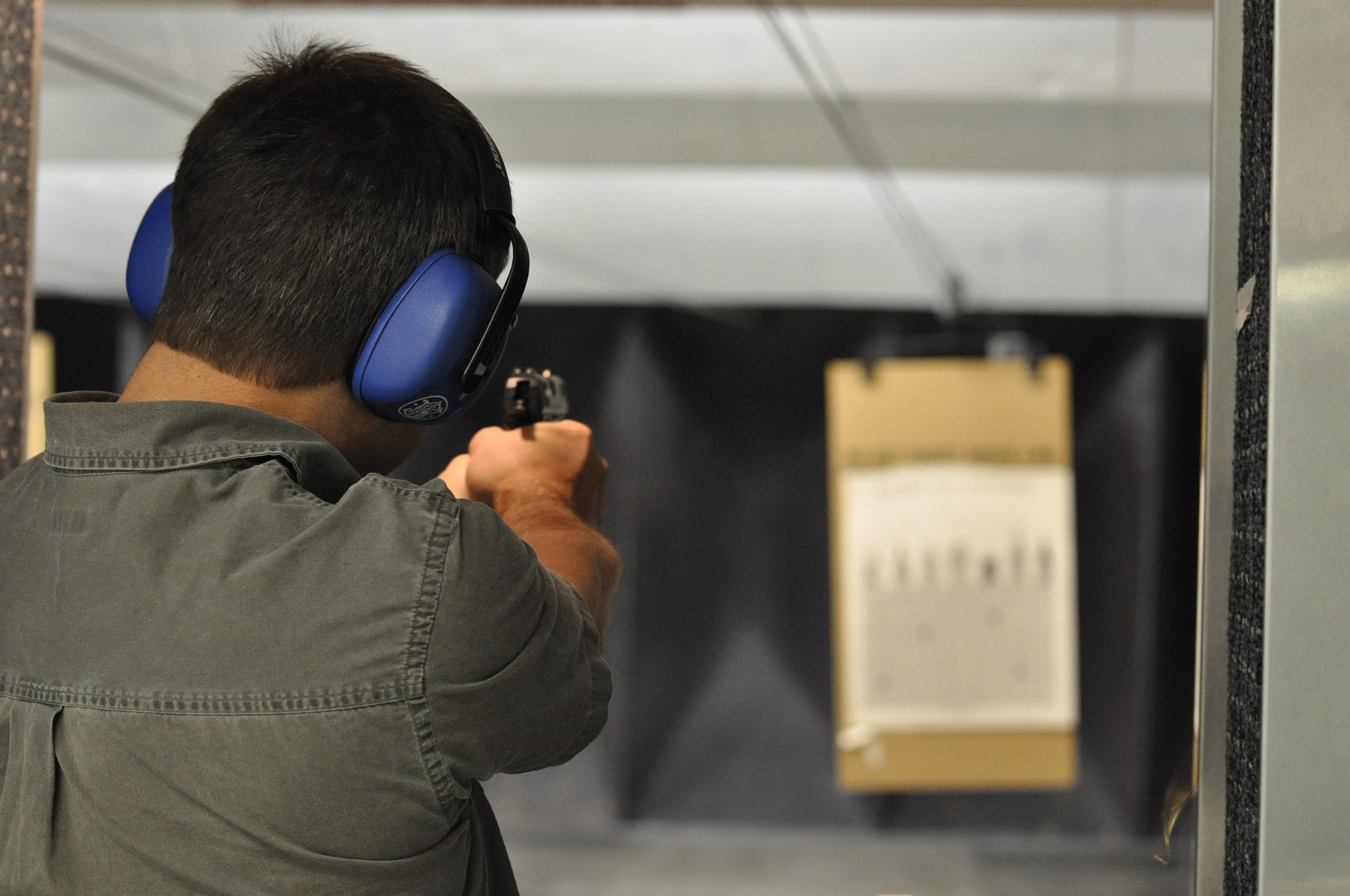Reciprocity: The Texas LTC is recognized by 37 other states, so if you travel to one of those states, you can carry your handgun without having to get a permit from that state. Constitutional Carry is only recognized by a few states, so if you travel to a state that does not recognize Constitutional Carry, you will not be able to carry your handgun.
Waived background checks: When you have a Texas LTC, you are exempt from background checks when purchasing a firearm from a licensed dealer. This can save you time and hassle. Under Constitutional Carry, you will still have to go through a background check every time you purchase a firearm.
Training: To get a Texas LTC, you must complete a training course that teaches you about the laws of Texas regarding firearms and how to safely use a firearm. This training can be very valuable, especially if you are not familiar with firearms laws. Under Constitutional Carry, there is no training requirement, so you may not be aware of the laws or how to safely use a firearm.
Peace of mind: Having a Texas LTC can give you peace of mind knowing that you are legally allowed to carry a handgun in public. This can be especially important if you live in a high-crime area or if you travel frequently. Under Constitutional Carry, you may still be able to carry a handgun in public, but you may have to worry about being stopped by the police and having to prove that you are legally allowed to carry.
Ultimately, the decision of whether to get a Texas LTC or to carry under Constitutional Carry is a personal one. There are pros and cons to both options, so you should weigh them carefully before making a decision.

